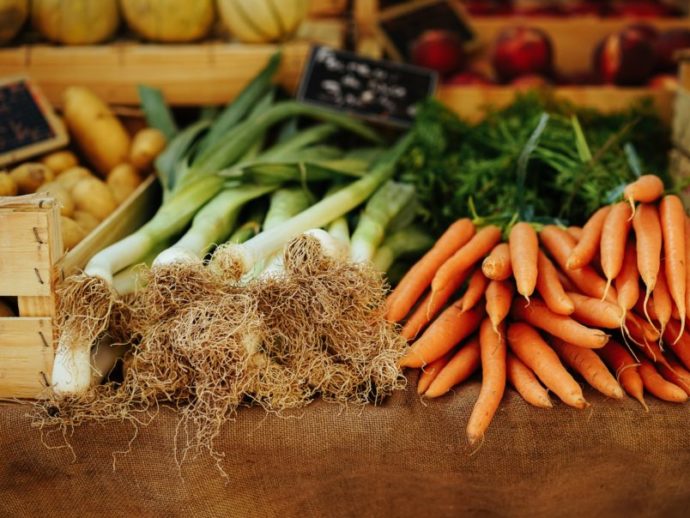
You’ve probably clocked the fact that healthy eating can help you lose weight and fend off diseases. But can it boost the well-being of your brain?
Biochemist, immunologist and cell biologist Aileen Burford-Mason, author of The Healthy Brain: Optimize Brain Power at Any Age, says yes.
Your brain is hungry … very hungry
“Over the years, it has really astonished me how many times people have said, ‘Why would the brain need food?’” Burford-Mason says. “You can’t wink your eye without nutrients being involved, never mind think, remember, learn or sleep. There are nutrients involved in every single function of the body. The purpose to eating is to get all the essential nutrients into us, without which we can’t function.”
The brain uses nutrients at 10 times the rate of any other tissue or organ in the body.
“Because it has such high needs for nutrition, the brain may be the first to warble when we’re short,” she adds. “It may be the first place to tell us, with anxiety, depression, not being able to sleep. There’s so much evidence now that nutrition is at the root of developing dementia. It’s a huge concern.”
What is commonly overlooked by doctors and the public alike, she says, is that, for optimal physiological functioning, the body needs all the nutrients all the time; these compounds all interact with and affect each other.
For instance, it’s well established that people living in northern climates are likely to be deficient in vitamin D. However, for the sunshine vitamin to be metabolized, the body needs magnesium.
Food for thought
Broadly speaking, the best thing people can do to enhance brain health via nutrition is to load up on vegetables, legumes (beans and lentils) and fruit. These foods are rich in vitamins, minerals, fiber and phytochemicals, which are plant-based chemicals that help reduce the risk of infections and many conditions, including cancer and heart disease. Plus, “Phytochemicals can build up in the brain and protect it from damage,” Burford-Mason says.
You can’t have too many vegetables, legumes and fruits, though Burford-Mason encourages variety and cautions that people who are diabetic or trying to lose weight will want to limit their intake of fruit and starchy vegetables.
Avoid sugar. “If there is one thing that is damaging to the brain and should be left out of a diet, that is sugar,” she says. “We have absolutely everything to be gained from cutting back on sugar or cutting it out. The sugar we get should come from vegetables and fruit.”
Rules for brain-healthy eating
- Choose unprocessed foods.
- Eat nutrient-dense foods like eggs, fruits, vegetables, nuts and seeds.
- Lighten the glycemic load. Limit yourself to one serving of starchy food per day (bread, potatoes, rice, pasta, etc.).
- Eat moderate amounts of healthy fats like avocado, seafood, nuts (especially walnuts and almonds) and olive and coconut oils.
- Have protein at each meal. Sources include chicken, turkey, tuna, shrimp, cottage cheese, Greek yogurt, eggs, lentils and tofu.






